 Chris Foster is not a swimmer. In fact, he is far from it. Count him almost 7-8 minutes down in the mile swim of the Olympic distance triathlon a few years ago.
Chris Foster is not a swimmer. In fact, he is far from it. Count him almost 7-8 minutes down in the mile swim of the Olympic distance triathlon a few years ago. Today, with open water swim skills and specific training, he's closed that gap to 1-2 minutes in his last few races.
Chris has done specific training in the pool to hone-in on open water swim racing skills; he has trained diligently in open water to perfect those skills even further, and he now has confidence to improvise based on race conditions.
 Racing at the 2010 Viña del Mar ITU Triathlon Pan American Cup in Chile last Sunday, the first ITU race of the year, Chris scouted the ocean terrain, something that any bonafide open water swimmer and triathlete should be doing pre-race. He found that the beach start had a hole (more like a moat) right past the waterline; four feet deep and probably three feet wide, running the whole length of the beach.
Racing at the 2010 Viña del Mar ITU Triathlon Pan American Cup in Chile last Sunday, the first ITU race of the year, Chris scouted the ocean terrain, something that any bonafide open water swimmer and triathlete should be doing pre-race. He found that the beach start had a hole (more like a moat) right past the waterline; four feet deep and probably three feet wide, running the whole length of the beach. Knowing from experience that this hole would be a make or break moment at the beginning of this very crowded (over 40 fast ITU athletes) swim start, Chris decided to improvise.
 "I walked in and out of the water trying to visualize where it was, and watched others fall almost neck-deep in water after running in knee-deep water at the edge.
"I walked in and out of the water trying to visualize where it was, and watched others fall almost neck-deep in water after running in knee-deep water at the edge. It was incredibly tough to picture where it was underwater due to the motion of the waves rolling over the beach."
"Finally, it occurred to me that I would use an old hurdler's technique (as I ran steeplechase in college) to set up a line in the dry sand a few feet from the start line and count out steps to the edge of the hole. I hoped that I would be able to time this perfectly and jump over the race-ending obstacle and into the knee-deep water on the other side."
"When the gun went off, everyone slowly moved down the beach to the edge of the water - scared of the hole - and I took off full sprint to my mark. I counted off my six steps like I had planned, took the leap of faith (missing the mark and landing on the back end of the hole could legitimately hurt my leg) and nailed the landing! I made it into the shallow water on the other side, dolphined about four times and made it through the breakers with a ton of speed and momentum. I was then able to relax. After about 20 strokes, I lifted my head to looks around, and I saw that I had almost 20 meters on the entire field! I was able to stay calm and smooth through the start that allowed me to have one of the strongest and 'easiest' swims of my career."
"Despite having never encountered that specific situation in training or racing before, I was able to use the tools I have learned from my swim coach, and on my own improvise a solution, creating a plan and executing it with confidence allowing me to have an incredibly strong race overall."
 Coaches note: Chris executed from his training. He scouted the ocean flooring, checked the waves, set-up his improvised strategy and executed it flawlessly. He dolphined several times for further gain, then swam with relaxation. All the specific pool and open water training we have done allowed Chris to build his open water confidence.
Coaches note: Chris executed from his training. He scouted the ocean flooring, checked the waves, set-up his improvised strategy and executed it flawlessly. He dolphined several times for further gain, then swam with relaxation. All the specific pool and open water training we have done allowed Chris to build his open water confidence. He's still about three minutes slower in the pool over a mile than the best triathlete swimmers, but he makes up about half of that with open water racing skills and confidence. He'll likely improvement quite a bit more in the pool this year, putting him in closer contact withh the lead swimmers. He knows he has about 60-90 seconds of skill training in his pocket to spare.
Copyright © 2010 by Gerry Rodrigues


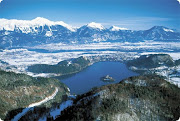
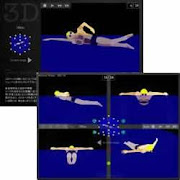
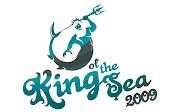



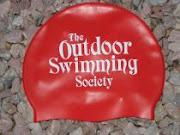

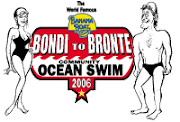


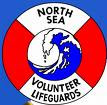
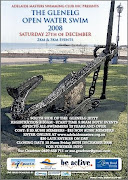





No comments:
Post a Comment